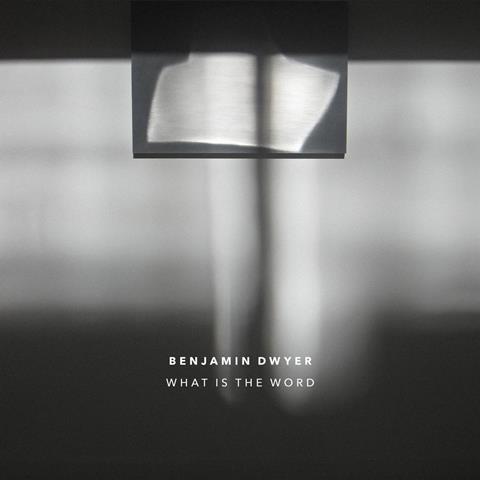Strange and extravagant sounds from a contemporary Irish composer

The Strad Issue: July 2020
Description: Strange and extravagant sounds from a contemporary Irish composer
Musicians: Maya Homburger (Baroque violin) Barry Guy (double bass) Conor Lovett (voice) Benjamin Dwyer (guitar, prepared guitar)
Works: Dwyer: Six Residua (after Beckett); What Is the Word; Five Disjecta (after Beckett)
Catalogue Number: DIATRIBE DIACD031
Apart from a few gnomic reflections in its rather inscrutable booklet notes, you might struggle to discover much about this actually very gratifying disc from the CD itself. But its three Beckett-inspired works by Irish guitarist and composer Benjamin Dwyer find a rewarding path from somewhat chaotic sonic inventiveness through to far more considered, conventional ideas of harmony and melody. The coalescing is most evident in Dwyer’s What Is the Word, settings of three Beckett poems (narrated with charm and suitable intensity by Conor Lovett) with two instrumental interludes. Dwyer finds convincing sound worlds for the poems’ contrasting themes – from ritualistic gestures in the rather portentous ‘Neither’ to the haloing of the stuttering text in ‘What Is the Word’ with luminous, buoyant harmonies.
Violinist Maya Homburger and bassist Barry Guy, joined by Dwyer himself on guitar, play with astonishing precision and focus, every note or noise put forward with clear intent and captured in close, rather analytical sound. Homburger dispatches the opening Six Residua with breathtaking virtuosity and assurance, switching superbly between conventional arco playing and a whole panoply of extended techniques, and, most importantly, bringing a glowing sense of inevitability to Dwyer’s incredible sonic imagination, which at times strays perilously close to incoherence. The weird and exquisite Five Disjecta for prepared guitar from Dwyer himself bring this rich and strange disc to a suitably extravagant conclusion.
DAVID KETTLE



































No comments yet